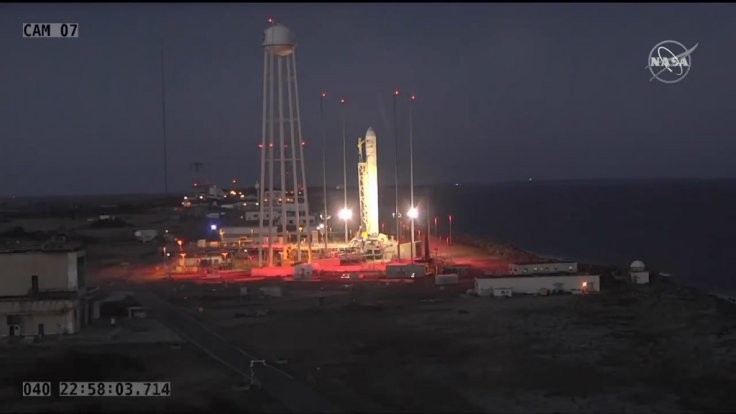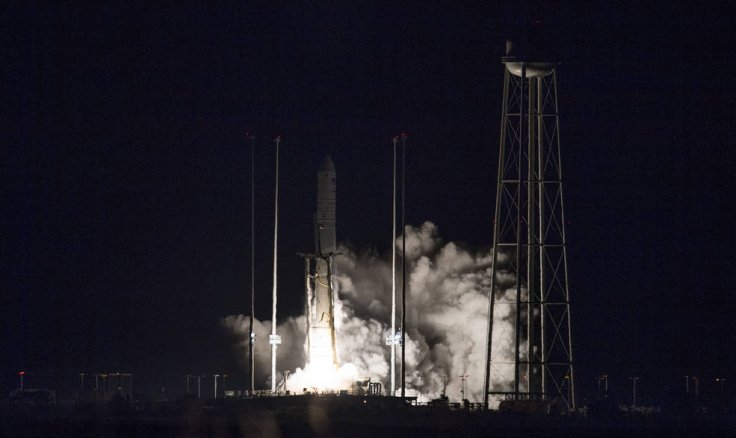Aerospace and defense tech company Northrop Grumman aborted the liftoff of its Cygnus spacecraft minutes before its launch due to a technical issue. The spacecraft was supposed to carry out a resupply mission to the International Space Station (ISS).
The Cygnus cargo ship was supposed to launch on Sunday through Northrop Grumman's Antares rocket. If the event proceeded, it would have been the 13th resupply mission of the Cygnus spacecraft to the ISS.

Technical Issue At Cygnus' Launch
At around 5:44 pm EST on Sunday, Northrop Grumman was preparing the launch of the Antares rocket from the Mid-Atlantic Regional Spaceport at NASA's Wallops Flight Facility. However, minutes before taking off, the company decided to abort the launch. According to a statement from NASA, the launch was canceled due to a technical issue that affected the sensor of the launch pad's equipment.
"Northrop Grumman's launch attempt of the NG CRS-13 cargo mission to the International Space Station was scrubbed due to off-nominal data from ground support equipment," NASA stated. "The launch team is assessing the situation."

Cygnus's Payload And New Launch Schedule
Cygnus' latest mission would have served as its 13th resupply trip to the ISS. For its mission, the spacecraft was loaded with 3,400 kilograms of supplies for the three crew members of the ISS, who are currently overseeing the station's Expedition 62 mission.
Aside from supplies, the spacecraft was also carrying various scientific experiments. Some of these include possible treatments against bone density loss in space and a culturing facility that will study how cells react to microgravity.
Following the cancellation of yesterday's launch, Northrop Grumman initially planned to reschedule the event on Monday. Unfortunately, due to unfavorable weather conditions, the launch did not proceed.
The company is now targeting to launch the Antares rocket with the Cygnus spacecraft on Feb. 13 at 4:00 pm EST. If the launch takes place on this date, the Cygnus spacecraft will successfully reach the ISS on Feb. 15.









